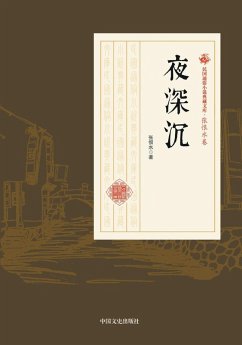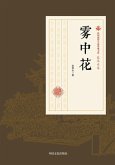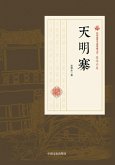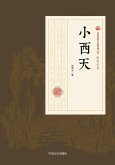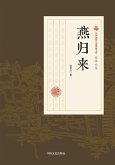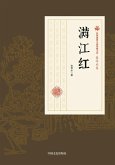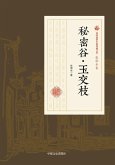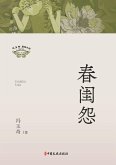"""Mandarin Ducks and Butterflies School"" & Representative Bestsellers of Republican China ¿¿¿¿¿¿¿¿¿ This novel exposes 1930s Beijing's underworld through a huqin player and a street singer's tragic love. The title references a famous Peking opera tune, symbolizing lives shrouded in darkness. ¿¿¿¿¿¿¿¿¿1936¿¿¿¿¿¿¿¿¿¿¿¿¿¿¿¿¿¿¿¿¿¿¿¿¿¿¿¿¿¿¿¿¿¿¿¿¿¿¿¿¿¿¿¿¿¿¿¿¿¿¿¿¿¿¿¿¿¿¿¿¿¿¿¿¿¿¿¿¿¿¿¿¿¿¿ The novel depicts the emotional entanglement between the carriage driver Ding Erhe and the singing queen Yue Rong, with a convoluted and gripping plot; Dig into human nature deeply and thoroughly; The psychological portrayal of the male and female protagonists is particularly delicate. It should be pointed out that ""Deep Night"" was originally the title of a section in the opera ""Farewell My Concubine"" where ""Yu Ji dances the sword"". Zhang Henshui ingeniously incorporated this erhu and qin music throughout the novel, becoming a link between the joys and sorrows of the male and female protagonists and a clue to the development of the plot. Not only do most of the scenes in the novel take place in deep nights, but the tone of the novel is a dark and melancholic atmosphere. ""Deep Night"" symbolizes the tragic fate of Ding Erhe and Wang Yuerong, revealing the cold and dark society. In terms of clever conception, complete structure, and rich character portrayal in the novel, ""Deep Night"" is superior to ""Tears and Laughter"". ¿¿¿¿¿¿¿¿¿¿¿¿¿¿¿¿¿¿¿¿¿¿¿¿¿¿¿¿¿¿¿;¿¿¿¿¿¿¿¿¿;¿¿¿¿¿¿¿¿¿¿¿¿¿¿¿¿¿¿¿¿¿¿¿¿¿"¿¿¿"¿¿¿¿¿¿¿¿¿¿¿"¿¿¿¿"¿¿¿¿¿¿¿¿¿¿¿¿¿¿¿¿¿¿¿¿¿¿¿¿¿¿¿¿¿¿¿¿¿¿¿¿¿¿¿¿¿¿¿¿¿¿¿¿¿¿¿¿¿¿¿¿¿¿¿¿¿¿¿¿¿¿¿¿¿¿¿¿¿¿¿¿¿¿¿¿¿¿¿¿¿¿¿¿¿¿¿"¿¿¿"¿¿¿¿¿¿¿¿¿¿¿¿¿¿¿¿¿¿¿¿¿¿¿¿¿¿¿¿¿¿¿¿¿¿¿¿¿¿¿¿¿¿¿¿¿¿¿¿¿¿¿¿¿¿¿¿¿¿¿¿¿¿¿¿¿¿¿¿¿¿¿
Bitte wählen Sie Ihr Anliegen aus.
Rechnungen
Retourenschein anfordern
Bestellstatus
Storno

